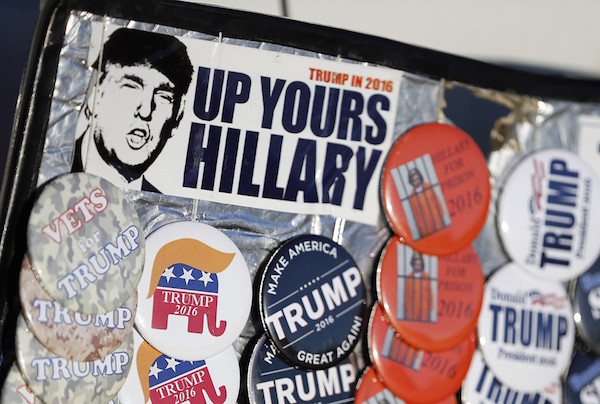Was democracy healthier with a little less transparency?

We can’t blame one crazy man for a system helpless to stop him.
Only a fool would attempt to summarize an entire Atlantic cover story on “How American Politics Went Insane” in a sentence or two. You should read (or at least skim) the full piece; even if you don’t agree, it’s eye-opening.
But one of the key premises does jump out as counterintuitive and worth considering: when the parties were more entrenched, hierarchical, and in a way, closed off, they actually did a better job of serving the larger goal of governing.
Chaos syndrome is a chronic decline in the political system’s capacity for self-organization. It begins with the weakening of the institutions and brokers—political parties, career politicians, and congressional leaders and committees—that have historically held politicians accountable to one another and prevented everyone in the system from pursuing naked self-interest all the time. As these intermediaries’ influence fades, politicians, activists, and voters all become more individualistic and unaccountable. The system atomizes. Chaos becomes the new normal—both in campaigns and in the government itself.
Which is all very counter to what we think of as our modern values of transparency, equality, free speech, and other purely democratic principles. Provocative stuff. Maybe there was more value in some of the old-fashioned stuff than we realized as both the right and left were tearing it down?
Does a functioning democracy (or representative republic) require at least a little bit of hierarchy and closed-door, back room party power brokering to function?